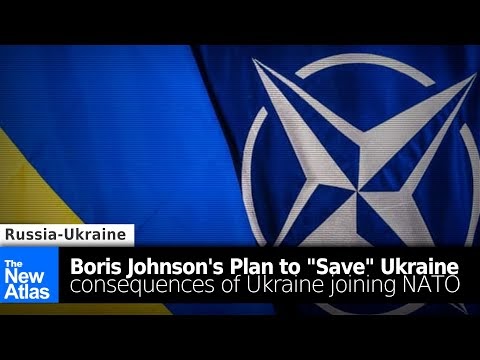Economic Considerations: Supporters argue that an immediate phase-out of fossil fuels could have significant economic consequences, particularly for nations heavily reliant on these resources. Removing the explicit mention of a phase-out allows for a more gradual transition, potentially minimizing economic disruptions.
Energy Access and Affordability: Some proponents believe that a complete phase-out may hinder access to affordable energy, especially in regions with developing renewable energy infrastructure. They argue that a more gradual approach would allow for a just transition, considering the needs of vulnerable communities.
Technological Challenges: Transitioning to renewable energy sources globally requires significant technological advancements and infrastructure development. Advocates for the decision argue that allowing for a more gradual phase-down approach would provide additional time for innovation and smoother implementation.
International Collaboration:The decision-making process at COP28 involved negotiations among numerous countries with diverse interests and priorities. Supporters emphasize the importance of balancing the perspectives of nations and fostering global collaboration for effective climate action.
It’s important to note that these pros and cons reflect different perspectives and opinions surrounding the COP28 decision. Understanding and considering multiple viewpoints can contribute to a more comprehensive understanding of the issue at hand.


















